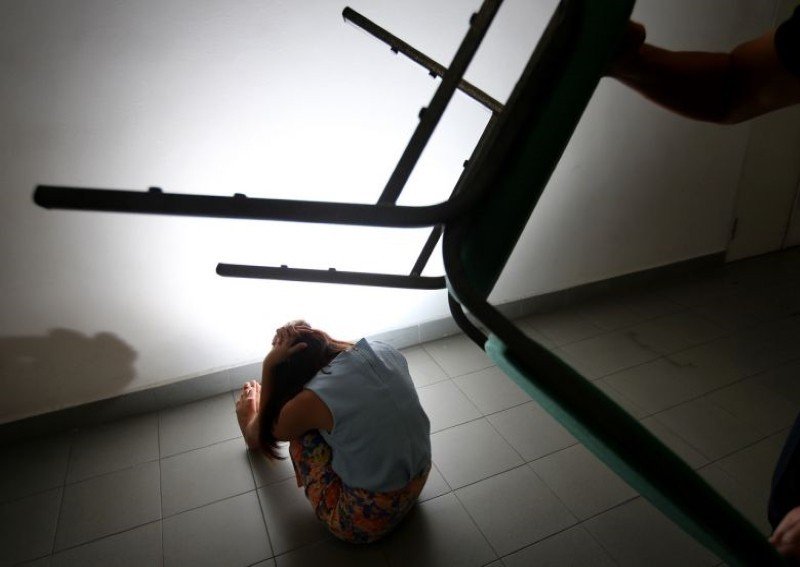Hong Kong juveniles as young as seven are increasingly becoming victims of child pornography or sex crimes as they take to the internet to make friends while getting stuck at home amid the coronavirus pandemic, police have warned.
The force also said cases of “sextortion”, in which victims aged 12 to 64 were blackmailed after compromising online chats were recorded, jumped from 171 over the whole of last year to 616 between January and September this year.
“The situation is alarming,” said Chief Inspector Cheung Po-yuet of the police’s Family Conflict and Sexual Violence Policy Unit. “We believe this has to do with the pandemic. Schools have been suspended and because of the social-distancing measures, youngsters are mostly staying home.”
In the first three quarters of last year, there were 71 reports of unlawful sexual intercourse – men having sex with girls under 16 years old. Among them, 25 victims met their abusers online.
During the same period this year, the number of cases of unlawful sexual intercourse rose to 85, while in 38 instances, the offenders found their prey online. The youngest victim was only 10 years old.
From January to September last year, there were eight child pornography cases in which the victims were lured into sending photos exposing themselves to people they met online. The number rose to 15 over the same period this year. The youngest victim was seven years old.
Cheung said in many of the cases of unlawful sexual intercourse, the victims made friends with strangers via online games.
The victims would then be invited to play online games at the men’s flats, where they would engage in illegal intercourse.
In one of the most shocking cases earlier this year, a 15-year-old girl had her nude photos taken at a hotel by a man she met online.
The man had sex with the girl and forced her to have sex with four others, threatening to make public the photos if she did not.
Some victims would only tell their parents about what happened after they got pregnant. Others would only talk to social workers at their schools, instead of their parents.
“Parents need talk to their children with an open attitude and give them proper sex education,” Cheung said.
As for the child pornography cases, Cheung said many of the criminals found their prey via dating apps.
“The victims naively thought they could find good men online,” Cheung said.
The criminals would pretend to be sweet and loving men while befriending the victims through online platforms.
The girls would later be asked to send nude photos of themselves to the men. In at least one case, a man had disguised himself as a girl and asked another girl to send him nude photos.
Chang Lam Sook-yee, a senior officer at the Social Welfare Department, said teenagers were curious and adventurous and when they were stuck at home amid the pandemic, they would take to the internet to make friends.
“Parents need to develop a good relationship with their children so the teenagers will be more willing to share their lives with them,” Lam added.
Separately, the number of people aged under 21 who have been arrested for various drug-related offences jumped from 185 in the first three quarters of last year to 341 over the same period this year.
Senior Inspector Ng Wai-lun, of the Narcotics Bureau, said many bars and entertainment venues had been closed amid the pandemic, forcing dealers to use social media to sell drugs.




